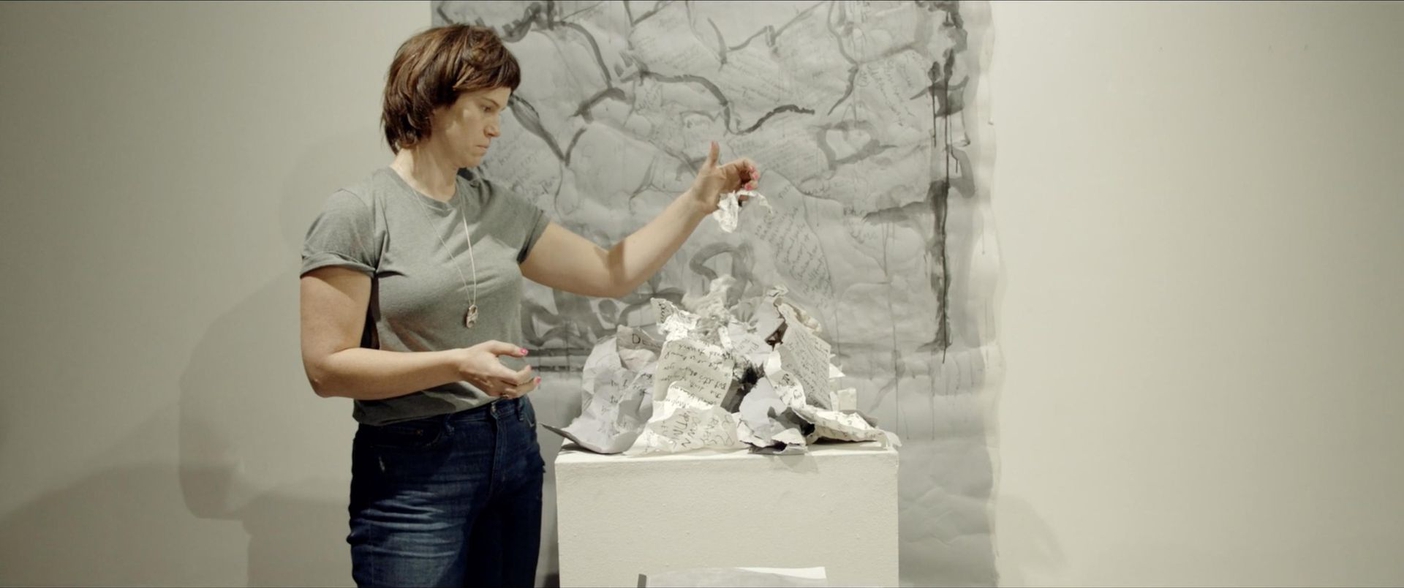
Grief is an emotion that we all experience in one way or another. Loss, disappointment, and pain are part of the human condition. Documentaries about grief can help us understand how to cope with difficult emotions, as well as how to honor the memories of loved ones who have passed away. Let’s explore why documentaries about grief are so important.

Documentaries about grief can provide a unique window into different perspectives on how to deal with loss and sadness. While every individual experiences grief in their own way, it can be useful to hear from people who have gone through similar situations and see how they’ve processed their emotions. Documentaries can also show us examples of resilience, courage, and hope in the face of tragedy—which is often what we need most when we’re struggling to cope with our own sorrows.

These type of stores are also an important way to remember those we love who have passed away. Whether it’s a family member, friend, or public figure, documentaries give us an opportunity to pay tribute to them in a meaningful way. They allow us to reflect on our relationships with these individuals and ensure that their legacies live on long after they’re gone. Documentaries can also help us connect with others who share our feelings of loss and find solace in knowing that we’re not alone in our struggles.

They also remind us of the power of empathy—the ability to recognize and share the feelings of another person. By watching these films, we gain insight into other people’s experiences with death and loss and can use this newfound knowledge to better sympathize with others going through similar hardships. This understanding helps foster a sense of community among those affected by death, which is often essential for healing from deep emotional wounds.

Finally, these documentaries provide a unique platform for people to tell their stories, find strength in their vulnerability, and connect with others who have gone through similar experiences. Through storytelling, we can find ways to express our emotions and make sense of the world around us. By sharing stories and connecting with each other, we can gain insights into our own lives and cope with loss. This connection with others helps us feel less alone in our grief and inspires us to keep going.
Documentaries about grief play an important role in helping us cope with difficult emotions while still honoring those who have passed away. They allow us to explore different perspectives on how best to handle difficult situations while at the same time recognizing our shared empathy for one another during times of sorrow. For these reasons (and many more), it is important that we continue exploring this powerful genre through film-making. So let’s go ahead and do just that.
Big Sonia
Grief Becomes Me
Griefwalker
Daddy Don't Go
Afterlife

This uplifting documentary follows 91-year-old Holocaust survivor Sonia Warshawski as she reflects on her life’s journey in Kansas City. While Sonia’s story deals with difficult topics such as surviving Nazi concentration camps and managing depression after the loss of loved ones, Big Sonia also shines a light on the power of resilience in times of adversity and how one person’s strength can inspire others around them.

Through cinematic letters, three women portray how they undertake a process of artistic creation to accept a process such as the loss of a loved one. Director Nich Perez conveys grief with an approach respectful enough to portray with poetry and astuteness the way in which art finds a way to capture an emotion that is difficult to talk about.

This short documentary follows filmmaker Martin Papazian as he processes his mother’s untimely death through art therapy and interviews with other grieving individuals. This documentary takes you on an emotional rollercoaster ride as Papazian discovers new ways to cope with his mother’s absence while learning what “grief work” really means for himself—and others—in his life.

An award-winning documentary about Stephen Jenkinson, a Canadian palliative care teacher and spiritual guide for those facing end-of-life decisions. Through stories from his own life as well as those of his patients, Jenkinson offers an intimate look at how we can find meaning in tragedy—and why grief should be seen as part of living rather than something to be pushed away or forgotten.

After Grandmother's death, two relatives come into her apartment and search through the objects she left behind. Among them, the diary in which she accurately wrote everything she did every day. As we observe the space she once inhabited and the objects she once used, a familiar voice reads the diary entries, and we discover a simple, everyday life, a powerful presence that has ceased to exist but leaves its mark in the world.

This documentary follows four fathers living below the poverty line as they work hard to provide for their families while also dealing with the realities of fatherhood such as absent parents and incarceration. We see how these men confront their own feelings of guilt and regret as they struggle to create better lives for their children despite all odds being stacked against them. It's an eye-opening exploration into what it means to grieve for things beyond those we have lost but still yearn for all the same—family stability and unconditional love chief among them.

This classic 1998 documentary follows five people as they prepare for death and then deal with the aftermath of losing those close to them. Featuring interviews with widows, children of deceased parents, and others who have experienced loss, After Life provides a unique insight into how people cope with grief in different ways. It also features interviews with experts on death and dying who explain how loss affects us emotionally and psychologically.

Filmmaker Agustina Comedi researches hours of home videos recorded by her father before the time of his death. A magnetic essay, as filial as it is political, about a presence that has faded away.
Watch more award-winning documentaries online on Guidedoc